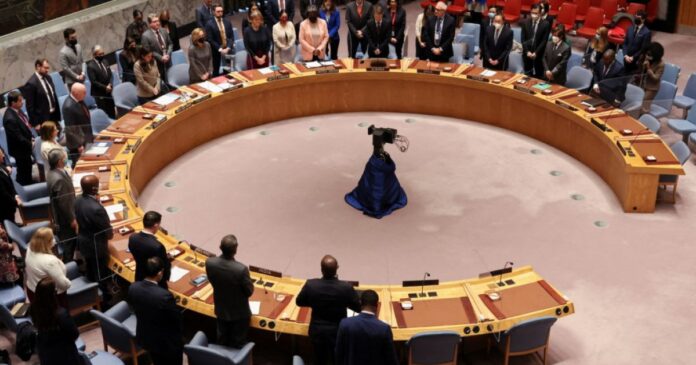The United States has again vetoed a UN Security Council resolution on a cease-fire in Gaza. The US criticized other council members for the vote on Wednesday (Nov 20), saying it undermined efforts to compromise on the resolution. British news agency Reuters reported this news.
This proposal was made by 10 provisional member states in the 15-member council. It called for an immediate, unconditional and permanent ceasefire in Gaza, as well as the release of hostages.
However, the United States, as the only permanent member state, blocked the proposal with a veto.
A senior US official, who spoke on condition of anonymity before the vote, said the US would not support any resolution that did not explicitly include the immediate release of hostages as part of a ceasefire.
He said, “We have said earlier that it is not possible for the United States to support any proposal for an unconditional ceasefire, which does not call for the release of hostages.”
On October 7, 2023, Hamas-led fighters attacked Israel, killing 1,200 people and taking more than 250 hostages. In response, Israel has been conducting military operations in Gaza for 13 months. About 44,000 people have been killed so far in this invasion. It forced almost all the inhabitants of the entire valley to be displaced at least once.
The UK tabled a compromise proposal before the vote. But it was rejected.
The US official alleged that some of the council's 10 non-permanent member states tried to secure a US veto on the resolution rather than a compromise. Russia and China have been accused of influencing the process.
He said China was demanding tougher language and Russia was manipulating various provisional member states according to their plans. This clearly shows that it was not a reflection of the free will of the provisional member states. Rather, the process is guided by purpose.
Although international efforts for a ceasefire in Gaza continue, the US veto is seen as a major obstacle to resolving the crisis. This deepened the disagreement between the member states of the Council.

